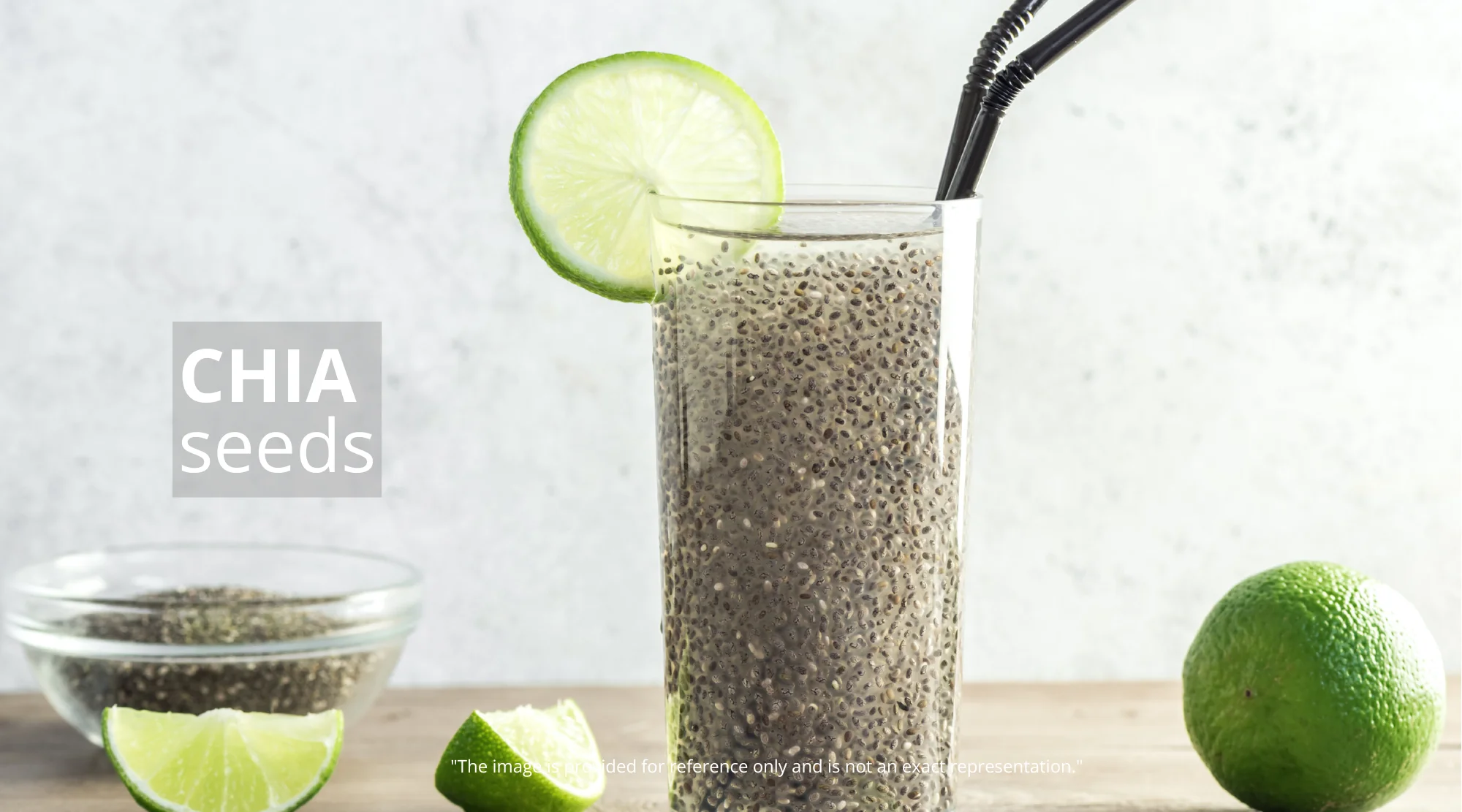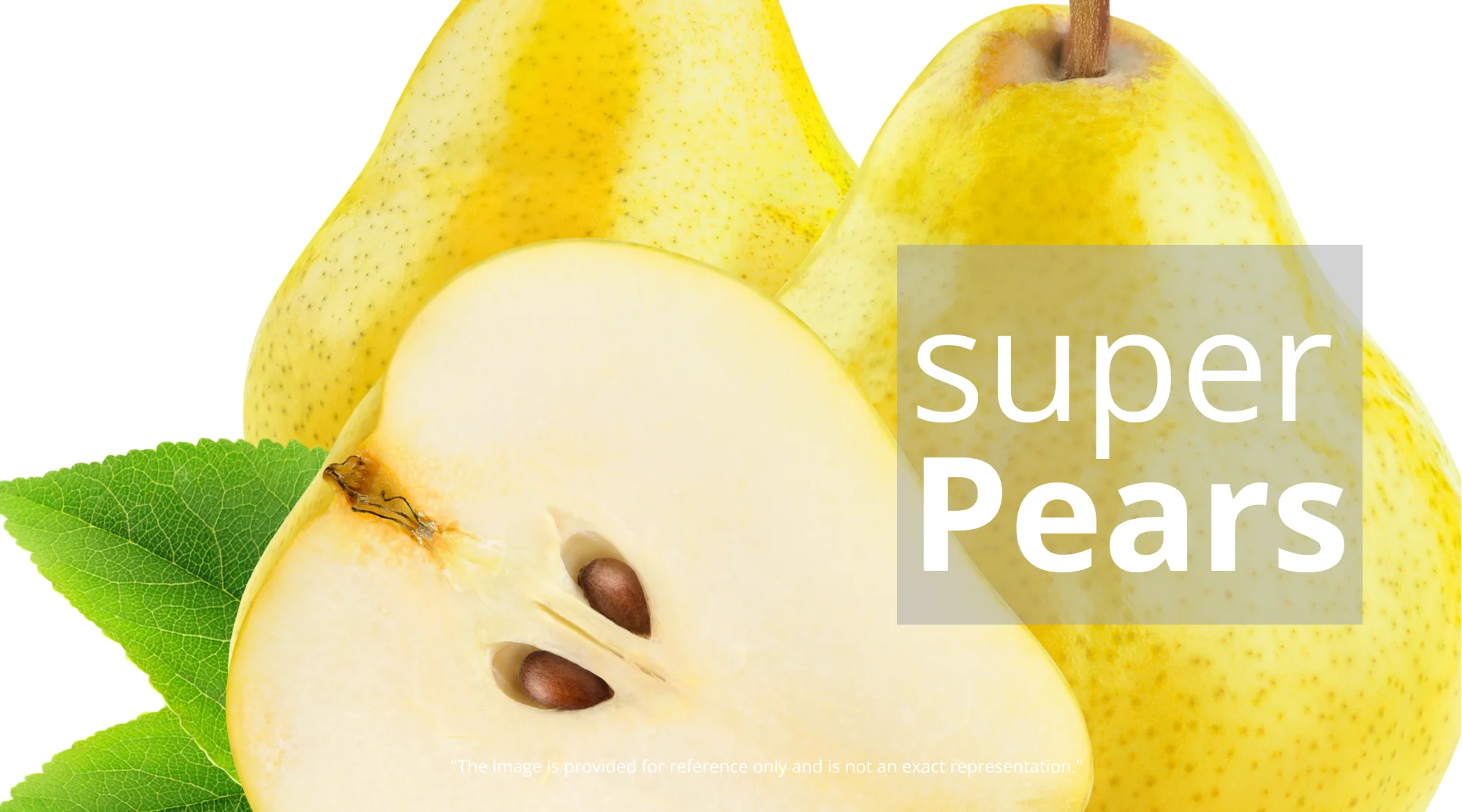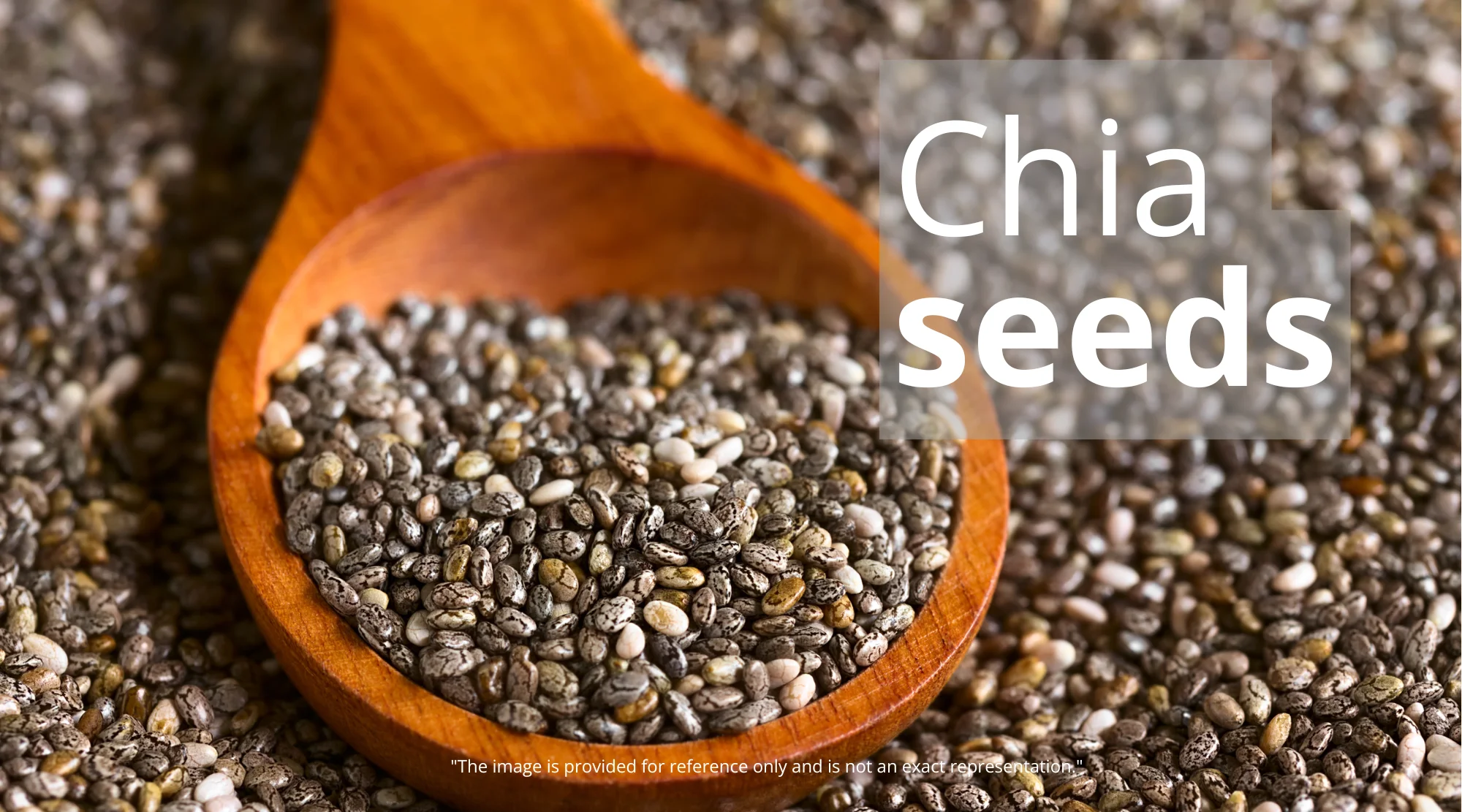Chia Seeds: Tiny Powerhouses with a Potential Downside?
Chia seeds have surged in popularity, lauded as a nutritional powerhouse for fitness enthusiasts and health-conscious individuals. They’re packed with fiber, omega-3 fatty acids, and other vital nutrients. However, as with any food, proper consumption is key. This article explores the potential dangers of consuming chia seeds improperly and provides guidance on how to enjoy their benefits safely.

The Nutritional Profile of Chia Seeds: A Deep Dive
Chia seeds are tiny but mighty, offering a wealth of health benefits. Their impressive nutritional profile makes them an excellent addition to a balanced diet. Let’s examine the key components:
- Calories: A 2-tablespoon serving (approximately 30 grams) of chia seeds contains around 138 calories. This makes them a relatively low-calorie food, perfect for those watching their weight or trying to maintain a healthy physique.
- Protein: Chia seeds provide about 4.7 grams of protein per serving, which is essential for muscle repair, growth, and overall bodily functions. Protein is a key nutrient for fitness enthusiasts.
- Fat: They are a good source of fat, with approximately 8.7 grams per serving. Notably, over half of this fat (5 grams) comes from omega-3 fatty acids. These essential fats are crucial for brain health, heart health, and reducing inflammation.
- Fiber: Chia seeds are exceptionally rich in fiber, boasting around 10.6 grams per serving. Fiber promotes digestive health, helps regulate blood sugar levels, and can contribute to feelings of fullness, assisting with weight management. To learn more about the fiber advantages check this article: The Fiber Advantage: Optimize Your Health with the Right Fiber for Weight Loss & Gut Health.
- Minerals: Chia seeds are packed with essential minerals, including:
- Calcium: Providing 18% of the Daily Value (DV).
- Magnesium: Offering 23% of the DV.
- Phosphorus: Contributing 27% of the DV.
- These minerals are crucial for bone health, muscle function, and various metabolic processes.
- Vitamins: Chia seeds also contain valuable vitamins:
- Vitamin B1 (Thiamine): Providing 15% of the DV.
- Vitamin B3 (Niacin): Offering 16% of the DV.
- These vitamins play a vital role in energy production and overall cellular health.
The Hidden Risks: Why Improper Chia Seed Consumption Can Be Dangerous
While chia seeds offer numerous health benefits, they also come with potential risks if consumed incorrectly. The primary concern revolves around their ability to absorb water. Dry chia seeds can absorb up to 10-12 times their weight in water. This property, while beneficial for digestion, can lead to serious complications if not managed appropriately.
Consuming dry chia seeds without adequate hydration can cause:
- Esophageal Blockage: Chia seeds can expand significantly in the esophagus, potentially leading to a blockage. This is a medical emergency that can cause difficulty swallowing, chest pain, and even breathing difficulties.
- Gastrointestinal Distress: Even if a blockage isn’t severe, dry chia seeds can lead to discomfort such as bloating, gas, and abdominal pain. This is because they absorb water within the digestive tract, which can disrupt normal digestive processes.
Safe Consumption Practices: Maximizing Benefits and Minimizing Risks
The key to safely enjoying chia seeds lies in proper preparation. Here’s how to incorporate them into your diet while mitigating any potential dangers:
- Soaking: Always soak chia seeds before consumption. This allows them to hydrate and expand, reducing the risk of esophageal blockage and promoting better digestion. Soak them for at least 30 minutes in water, milk (dairy or non-dairy), juice, or yogurt.
- Hydration: When consuming chia seeds, ensure you drink plenty of water throughout the day. This helps facilitate digestion and prevents the seeds from absorbing too much water in your esophagus or digestive tract.
- Portion Control: Start with small portions, especially if you are new to chia seeds. A typical serving is 1-2 tablespoons per day. Gradually increase your intake as your body adjusts.
- Mixing Methods: Mix chia seeds into smoothies, yogurt, oatmeal, or other wet foods. This helps them absorb liquid and prevents them from clumping together.
- Listen to Your Body: Pay attention to how your body reacts to chia seeds. If you experience any discomfort, such as bloating or gas, reduce your intake or adjust your preparation methods.
Chia Seeds and Weight Loss: A Promising Partnership
Chia seeds have been associated with weight loss due to their high fiber content. Fiber helps you feel fuller for longer, which can reduce overall calorie intake and aid in weight management. Furthermore, the fiber in chia seeds can help regulate blood sugar levels, preventing the dramatic spikes and crashes that can lead to increased hunger and cravings. It is worth checking the articles regarding the diet: Revolutionize Your Health: A Delicious 30-Day Mediterranean Meal Plan and Quick & Healthy Dinner Recipes: 21 Easy Meals in 30 Minutes or Less!.
However, it’s important to remember that chia seeds are not a magic bullet for weight loss. They should be part of a balanced diet and combined with regular exercise for optimal results. Explore the article: Exercise Benefits: Supercharge Your Health & Well-being (The Ultimate Guide).
Beyond the Basics: Creative Ways to Enjoy Chia Seeds
Chia seeds are incredibly versatile and can be incorporated into various recipes and meal plans:
- Chia Seed Pudding: This is a popular and easy way to enjoy chia seeds. Simply mix chia seeds with milk (dairy or non-dairy) and your favorite flavorings, such as vanilla extract, honey, or fruit. Let it sit in the refrigerator for at least a few hours or overnight to allow the seeds to absorb the liquid and create a pudding-like consistency.
- Smoothies: Add a tablespoon of chia seeds to your daily smoothie for an extra boost of nutrients and fiber. They blend seamlessly into any smoothie, adding a subtle texture and no detectable flavor.
- Oatmeal: Sprinkle chia seeds on top of your oatmeal or stir them into the oats while cooking. This adds a satisfying crunch and boosts the nutritional value of your breakfast.
- Baking: Incorporate chia seeds into baked goods like muffins, bread, or cookies. They can act as a binder and add moisture to the recipe.
- Salads: Sprinkle chia seeds on salads for added crunch and nutrients.
Chia Seeds and Other Health Benefits
Besides weight management and digestive health, chia seeds offer a range of other potential health benefits:
- Heart Health: The omega-3 fatty acids in chia seeds can help lower LDL (“bad”) cholesterol levels, reduce blood pressure, and decrease the risk of heart disease. For more information, check out the article: Clogged Arteries: Unveiling the Causes, Risks, and Proven Prevention Strategies.
- Blood Sugar Control: Chia seeds can help regulate blood sugar levels, making them a beneficial addition to the diet of people with diabetes. They can slow the absorption of sugar from food, preventing spikes and crashes.
- Bone Health: Chia seeds are a good source of calcium, which is essential for bone health. They can contribute to maintaining strong bones and reducing the risk of osteoporosis.
- Antioxidant Properties: Chia seeds contain antioxidants that help protect cells from damage caused by free radicals. This can reduce the risk of chronic diseases and promote overall health.
Addressing Common Concerns: Chia Seeds and Side Effects
While generally safe, chia seeds can cause some side effects in certain individuals:
- Allergic Reactions: Some people may experience allergic reactions to chia seeds. Symptoms can include skin rashes, itching, or difficulty breathing. If you suspect an allergy, seek medical attention immediately.
- Digestive Issues: In some individuals, especially those not accustomed to high-fiber diets, chia seeds can cause digestive issues like bloating, gas, and constipation. Start with small portions and gradually increase your intake to allow your body to adjust.
- Drug Interactions: Chia seeds may interact with certain medications, such as blood thinners and blood pressure medications. If you take any medications, consult with your doctor before adding chia seeds to your diet.
Chia Seeds in the Fitness World
Chia seeds are a favorite of fitness enthusiasts for several reasons:
- Sustained Energy: The combination of protein, fiber, and healthy fats provides sustained energy, preventing the energy crashes that can derail a workout.
- Hydration: Chia seeds can help with hydration by absorbing water. This is especially beneficial during workouts.
- Muscle Recovery: The protein in chia seeds supports muscle recovery and repair after exercise.
Final Thoughts: Enjoying Chia Seeds Safely
Chia seeds are undoubtedly a nutritional powerhouse, offering a wealth of benefits for fitness enthusiasts and health-conscious individuals. However, it’s crucial to be aware of the potential risks associated with improper consumption. By following the guidelines outlined in this article, you can safely incorporate chia seeds into your diet, maximizing their benefits while minimizing any potential risks. Always remember to soak your chia seeds, stay hydrated, and listen to your body. Enjoy the tiny seed that packs a big punch! Consider exploring the other articles of the blog for more information: Mastering Fitness: Your Complete Guide to Building a Healthy Lifestyle and Supercharge Your Gains: 5 Exercise Swaps to Break Plateaus and Build Muscle.














Post Comment